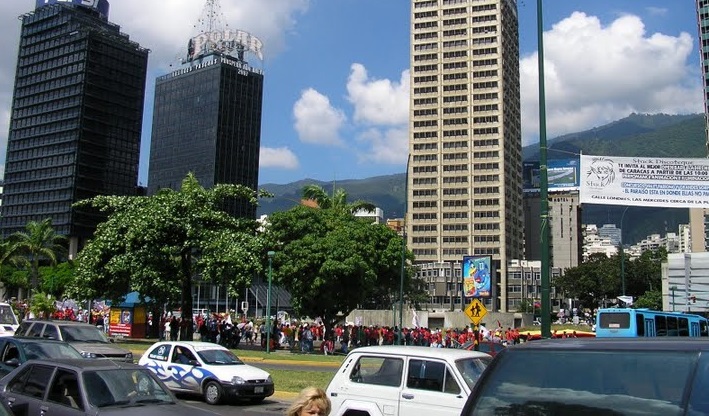Venezuelans are having a hard time to cope with chronic fuel shortages are jury-rigging vehicles to operate on cooking gas cylinders, a practice industrial safety experts define as dangerous and which has resulted in at least one explosion.
Venezuela, an OPEC member that sits atop the world’s largest crude reserves, continues to have a hard time with the worst gasoline shortages in its modern history because of a near-complete collapse of its refineries combined with U.S. sanctions that make it hard to import fuel.
Mechanics and in some cases drivers themselves renovate vehicle fuel systems with a propane cylinder of the sort used for kitchen stoves, to prevent service station lines that sometimes leave people waiting for days to purchase gasoline.
In the eastern city of Puerto La Cruz, one car operating on cooking gas suffered an explosion previously this month, a municipal official informed Reuters.
The situation is a stark contrast to country’s oil boom era when fuel was abundant and heavily subsidized. Fuel formally remains almost free for those who can wait in lines or have connections, however gasoline now fetches $3 per liter ($11.34 per gallon) on the black market.
Following a request for information by Reuters, Maracaibo’s citizen security division chief, Cesar Garrido, stated that running cars on cooking gas “represents a high level of risk and is prohibited”.
Alfredo Gonzalez used basic equipment such as kitchen faucets to convert a pickup truck to operate on cooking gas so that he could continue offering public transportation in Maracaibo – but he spends most of his time ducking the law.
“We’re working like smugglers,” Gonzalez said. “The police persecution is really heavy. They say it’s dangerous.”
Experts recommend against the practice because of the possibility for explosions and health risks connected to prolonged exposure to propane gas.


